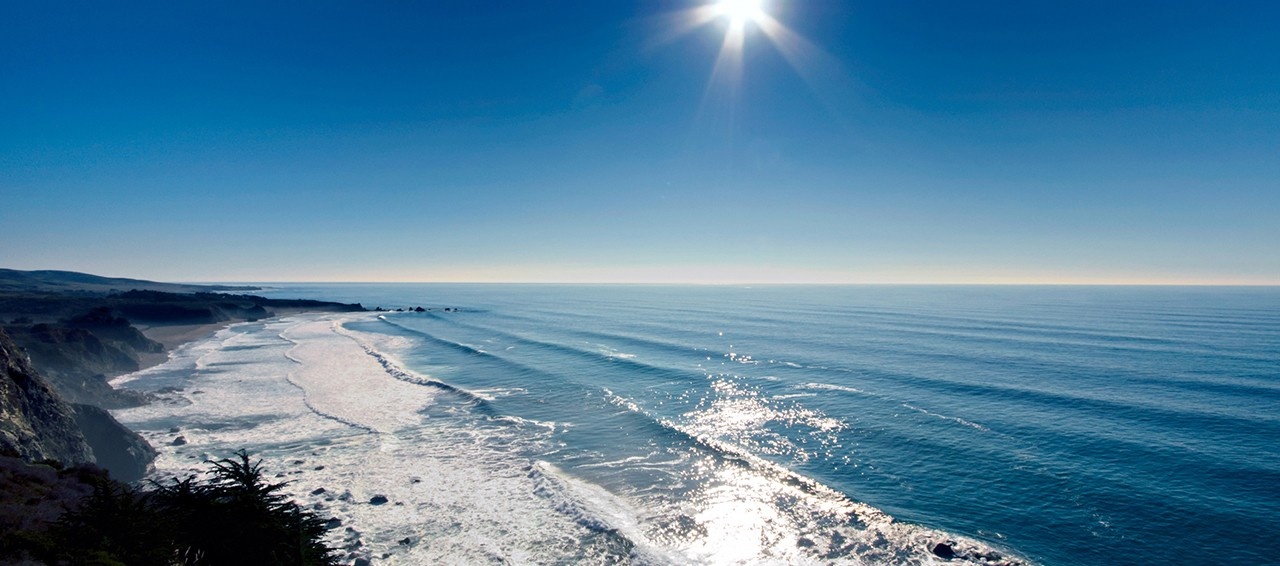Jamie Snook
Adjunct Professor, Marine Affairs Program

Email: jamie.snook@dal.ca
Ìı
HÂş»
Jamie Snook, PhD, has spent his life as a leader, politician, researcher, and community development advocate in Labrador. His work revolves around fish and wildlife conservation and management, governance, health, and Indigenous well-being. He is a proud Labradorian with Inuit and British ancestries and is a member of the NunatuKavut Community Council. The majority of his professional career has been dedicated to furthering Inuit self-determination and reclamation along Labradorâs coast.
He is currently the Executive Director of the Torngat Wildlife, Plants and Fisheries Secretariat, where he is responsible for implementing sections of the Labrador Inuit Land Claims Agreement that focus on wildlife and commercial fisheries co-management. In this capacity, Jamie has participated in many interdisciplinary, intergovernmental, and international forums and, under his leadership, the Secretariat has grown its research capacity to better serve the needs of Inuit in Nunatsiavut. Jamie completed a PhD Public Health at the University of Guelph, working with the Secretariat to understand and examine the ways in which fish and wildlife co-management impacts Inuit health and well-being.
Education:
Ph.D. â University of Guelph
M.A. â Royal Roads University
Research Topics
Co-management
Indigenous fisheries
Wildlife management
Indigenous well-being
Selected Publications
Snook, J., Cunsolo, A., Ford, F., Furgal, C., Jones-Bitton, A. and Harper, S. (2022) âJust because you have a land claim, that doesnât mean everythingâs going to fall in placeâ: An Inuit social struggle for fishery access and well-being. Marine Policy, (140)105071. Available at
Snook, J. (2021). Indigenous fish and wildlife co-management as an opportunity to support Inuit well-being. (Doctor of Philosophy in Population Medicine in the field of Public Health Thesis), University of Guelph; Available at
Snook, J., Cunsolo, A., Borish, D., Furgal, C., Ford, J.D., Shiwak, I., Flowers, C. T. R., Harper, S.L. (2020). âWeâre Made Criminals Just to Eat off the Landâ: Colonial Wildlife Management and Repercussions on Inuit Well-Being. Sustainability, 12(19), 8177; Available at
Snook, J. (2020). Make Your Own Tracks: Reflecting and Reclamation during COVID-19. In C. A. M. Richmond (Ed.), COVID-19 and Indigenous Health and Wellness: Our strength is in our stories. Royal Society of Canada; Available at
Snook, J., Akearok, J., Palliser, T., Cunsolo, A., Hoover, C., Bailey, M. (2019) Enhancing fisheries co-management in the eastern Arctic. Northern Public Affairs, 6(2), 52-56. Invited submission for special issue on Modern Treaty Implementation Research. Ìı
Snook, J. (2019). Futures on ice. In C. Sandilands (Ed) Rising Tides: The Anthology. (pp. 118-122) Caitlin Press
Snook, J., Cunsolo, A., Dale, A. (2018). Co-management led research and sharing space on the pathway to Inuit self-determination inÌıresearch. Northern Public Affairs, 6(1), 52-56. Invited submission for special issue on Redefining the Northern Research Landscape. Ìı
Snook, J., Cunsolo, A., Morris, R. (2018). A half century in the making: Governing commercial fisheries through Indigenous marine co-management and the Torngat Joint Fisheries Board. In N. Vestergaard, B. A. Kaiser, L. Fernandez, & J. Nymand Larsen (Eds.), Arctic Marine Resource Governance and Development (pp. 53-73). Springer International Publishing.
